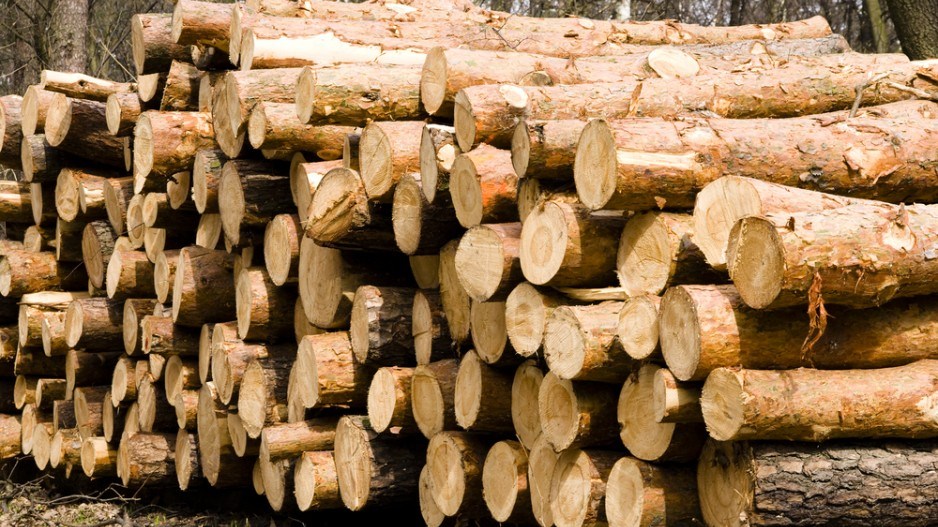Two sawmills in British Columbia's Interior will close next year, the latest casualties of the forest devastation caused by the mountain pine beetle infestation.
West Fraser Timber (TSX:WFT) announced on October 24 that it will close its Houston sawmill in 2014's second quarter. The closure is part of the company's comprehensive mountain pine beetle plan and will affect 225 workers in the northeastern B.C. community.
Also on October 24, Canfor Corp. (TSX:CFP) announced it will close its sawmill in Quesnel in March 2014. Canfor said it plans to offer jobs elsewhere in the company to the 209 Quesnel-based employees.
According to West Fraser figures, the mountain pine beetle infestation will reduce the allowable timber harvest in the Interior by more than 30% below current levels.
West Fraser also plans to exchange part of its timber harvesting tenure in the Morice timber supply area, where Houston is located, with tenure held by Canfor in the Quesnel and Lakes areas. The Lakes timber supply area is in north-central B.C. surrounding Burns Lake.
West Fraser said the timber exchange would provide a boost to its modernized Quesnel mill, which employs 400 people. The company will also make "significant investments" in its Smithers and 100 Mile House mills.
"The mountain pine beetle devastation has and will continue to undermine the availability of merchantable timber in the Interior of B.C.," West Fraser CEO Ted Seraphim said in a statement.
"The shutdown of our Houston mill has been a difficult decision. Our first priority is to explore opportunities to transition Houston employees to one of our other operations, and we will provide assistance in finding new employment."
Canfor CEO Don Kayne echoed Seraphim's comments regarding the mill closures.
"The timber availability in the Quesnel region following the mountain pine beetle infestation unfortunately leaves us unable to continue operation of our Quesnel sawmill," Kayne said in a release.
Keta Kosman, publisher of Madison's Lumber Reporter, told Business in Vancouver that such a decision was inevitable.
The pine beetle epidemic has been devastating and it was just a matter of seeing which mills would be affected, Kosman said.
But Kosman stressed that the ancillary effect of the mill closures also needs to be highlighted.
"We have to remember that this has a direct effect on loggers and truckers as well, in addition to the sawmill workers."
David Cohen, a professor in the University of British Columbia's faculty of forestry, called the closures "the beginning of the downsizing" for the Interior lumber industry. He said that for the last few years the industry had been working at an "accelerated" level to access the dead wood from the beetle attack before it was unusable. However, that increase in work is over.
There are options for the unusable wood, Cohen added, including generating energy from biomass.
But the financial return from energy initiatives is much less than what traditional lumber practices yield.
"Energy simply isn't worth as much," said Cohen.
"You still have to cut down the wood and haul like you always have. But there are options that could be explored."
West Fraser will continue to develop two bioenergy plants to increase profitability at its Fraser Lake and Chetwynd sawmills.•




